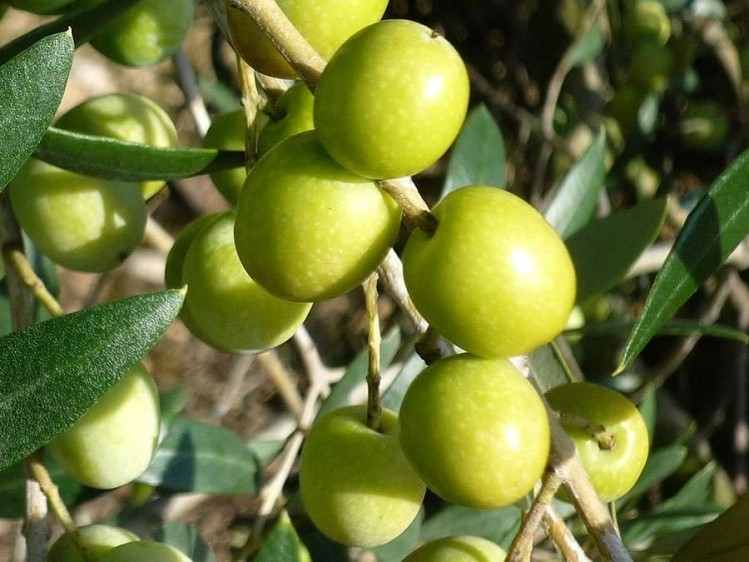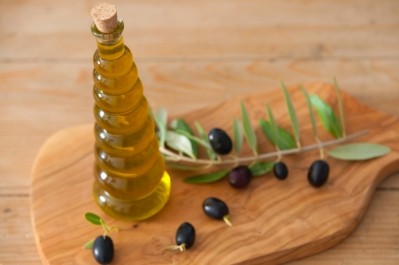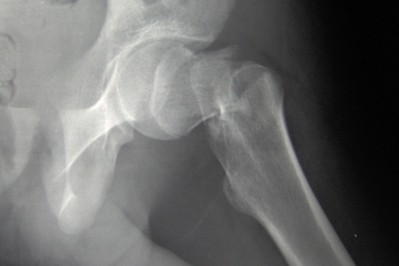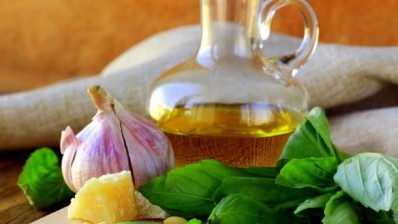Belgian firm eyes EU bone health claim after study published

“Our ultimate objective is to seek an EFSA approved claim,” said Hans van der Saag, managing director of BioActor. “In the meantime, we actively support our customers with advice on how best to formulate BonOlive in their products, both from an efficacy and a claims point of view.”
Whilst the European Food Safety Authority (EFSA) has already approved health claims confirming the role of olive polyphenols in heart health, there are currently no approved claims linking the compounds to bone health. With a patent for the use of olive polyphenols for bone health in its possession, BioActor hopes to change this.
Building on a previous study that confirmed the bioavailability of BonOlive polyphenols in post-menopausal women, this 12-month intervention study suggested that olive polyphenols may stimulate bone renewal in the same target population by increasing ‘osteoblast’ activity.
Osteoblasts and osteoclasts
Sam Possemeiers, research director at BioActor, explained that bones undergo a continuous renewal process, whereby the old, damaged bone parts are removed by cells called osteoclasts. The empty space is then filled with new bone structure by a second cell type – osteoblasts.
From a mechanistic point of view, he said one of the major causes of insufficient bone formation is that the pre-cursor stem cells in the body’s bone marrow become less and less efficient at turning into active bone-forming osteoblasts. And less osteoblasts mean less ‘workers’ to build up new bone.
Feeding osteoblast formation
Explaining how BonOlive influences this process, he said: “What we have shown in cell culture research, animal studies and now humans, is that the active ingredient in BonOlive has a potent capacity to stimulate the development of osteoblasts out of the stem cells in our bone marrow.”
This means that when the formation of bone-forming ‘worker’ cells is compromised, as in the case of osteoporosis sufferers, the olive polyphenols keep the process going.
“In this way, the bone formation process is supported to maintain the same speed as the bone removal process. This helps to maintain a healthy bone remodelling balance and avoids loss of bone structure,” he said.
The bone renewal equation
Possemeiers explained that BonOlive is not an alternative to calcium supplements, which deliver calcium as building blocks to the bone, or vitamin D, which enhances delivery of calcium to the bone, but rather a medium for enabling these other nutrients to function.
“It is clear that effective build-up of bone from calcium can only take place when sufficient ‘worker’ cells are active in the bone to build the calcium into the bone,” he said.
Study details
In this double-blind, placebo-controlled study, led by Rafal Filip from the Osteoporosis Outpatient Department at the Institute of Rural Health in Lublin, Poland, and funded by BioActor, 64 post-menopausal women with decreased bone-mass (osteopenia) were given either 250 mg/day olive extract and 1000 mg calcium or 1000mg calcium alone every day for 12 months.
After this period, levels of the pro-osteoblastic marker osteocalcin were found to have significantly increased in the treatment group as compared to the placebo. Simultaneously, bone mineral density had decreased in the placebo group and remained stable in the treatment group.
BioActor confirmed that it would be starting another long-term study of BonOlive next year.
Source:
The Journal of Nutrition, Health & Aging
5 July 2014 DOI: 10.1007/s12603-014-0480-x
‘Twelve-month consumption of a polyphenol extract from olive (Olea europaea) in a double blind, randomized trial increases serum total osteocalcin levels and improves serum lipid profiles in postmenopausal women with osteopenia’
Authors: R. Filip, Sam Possemiers, A. Heyerick, I. Pinheiro, G. Raszewski, M. -J. Davicco, V. Coxam















